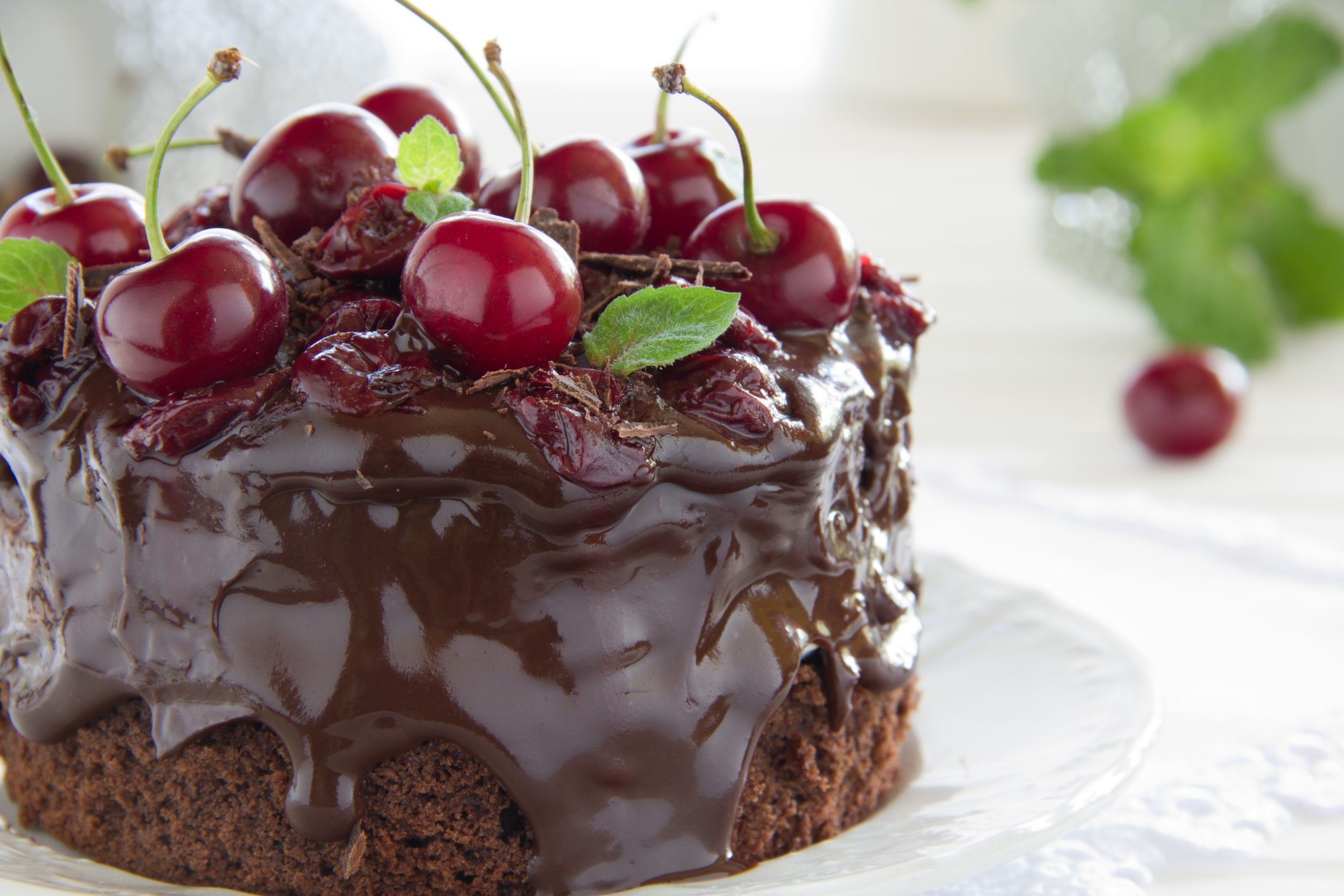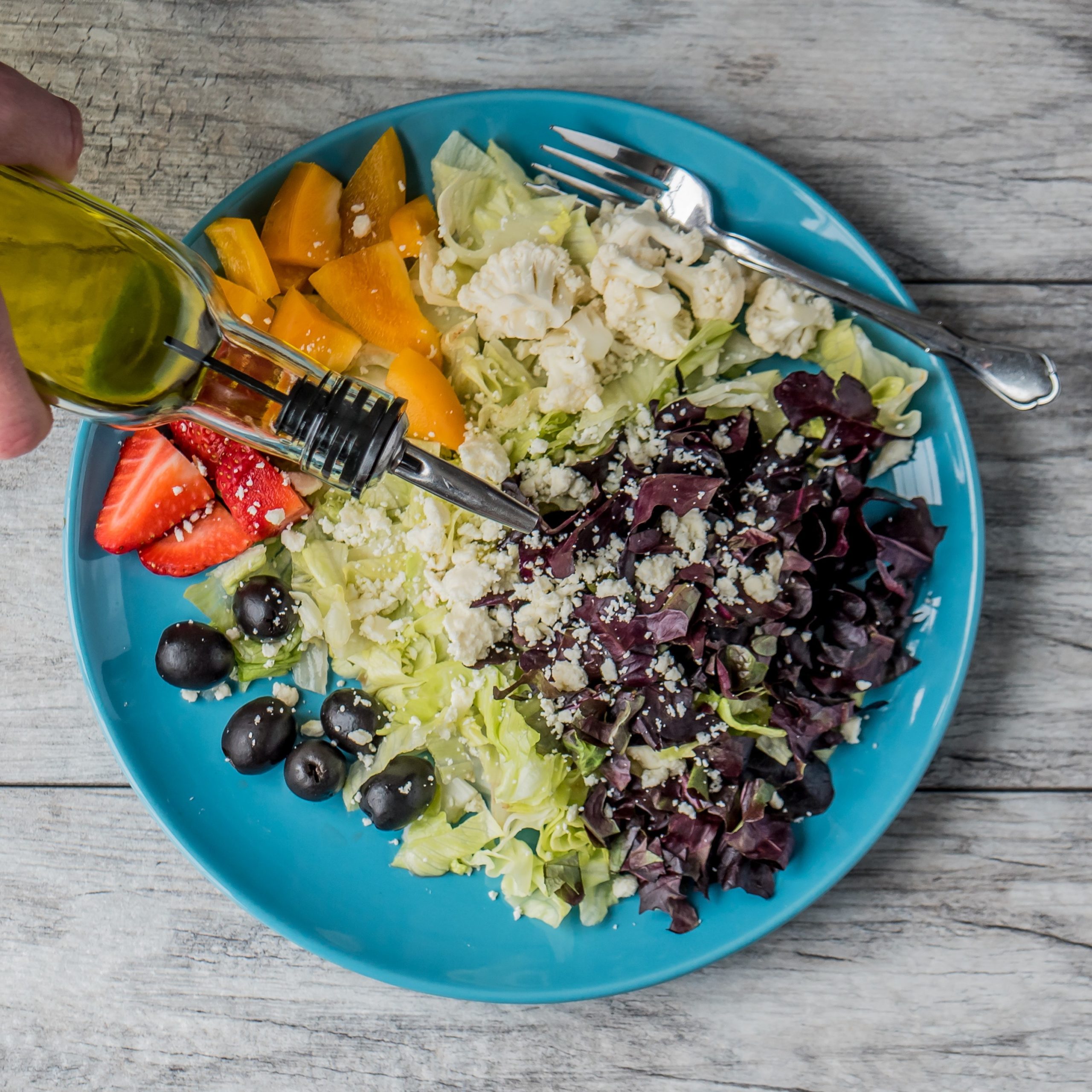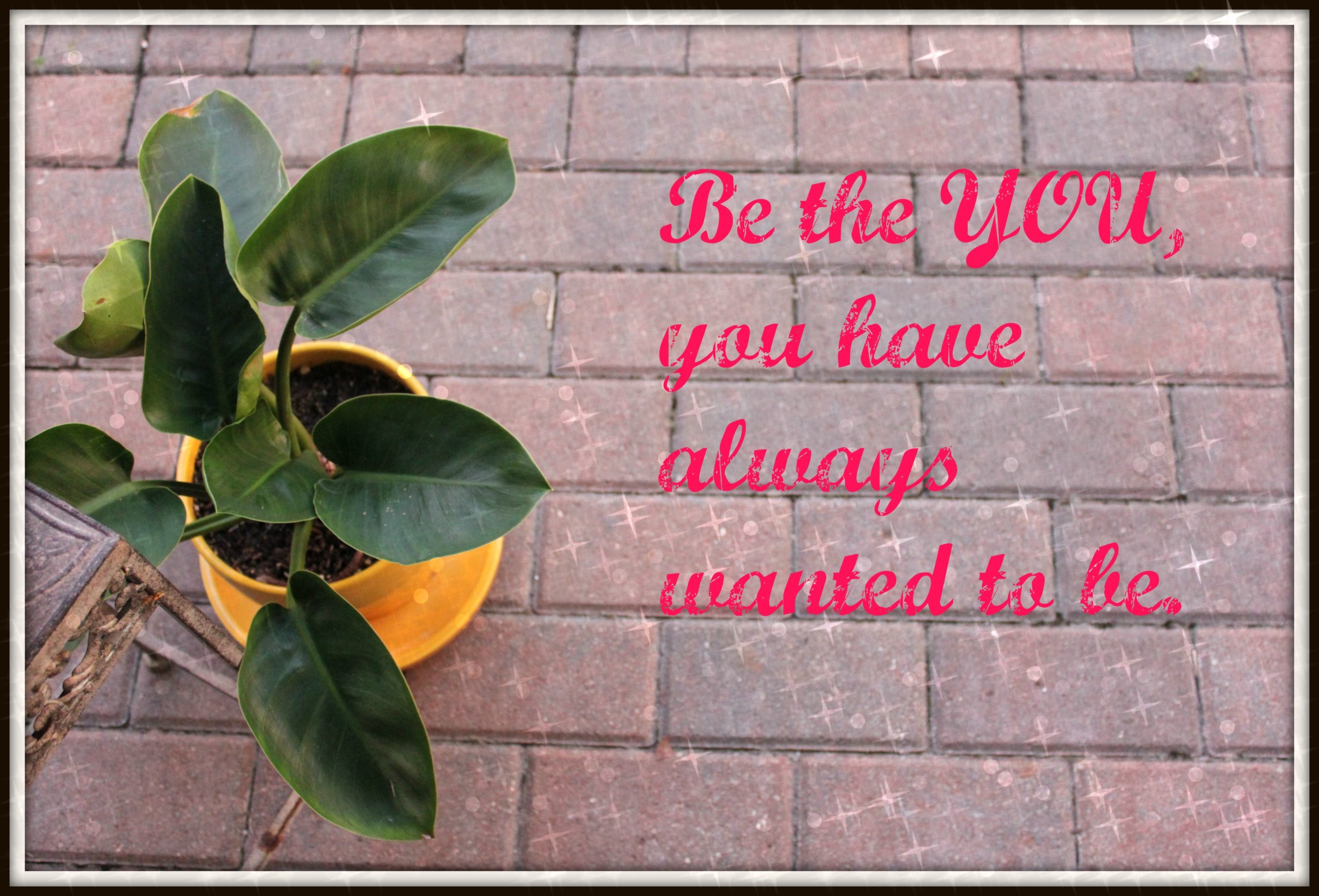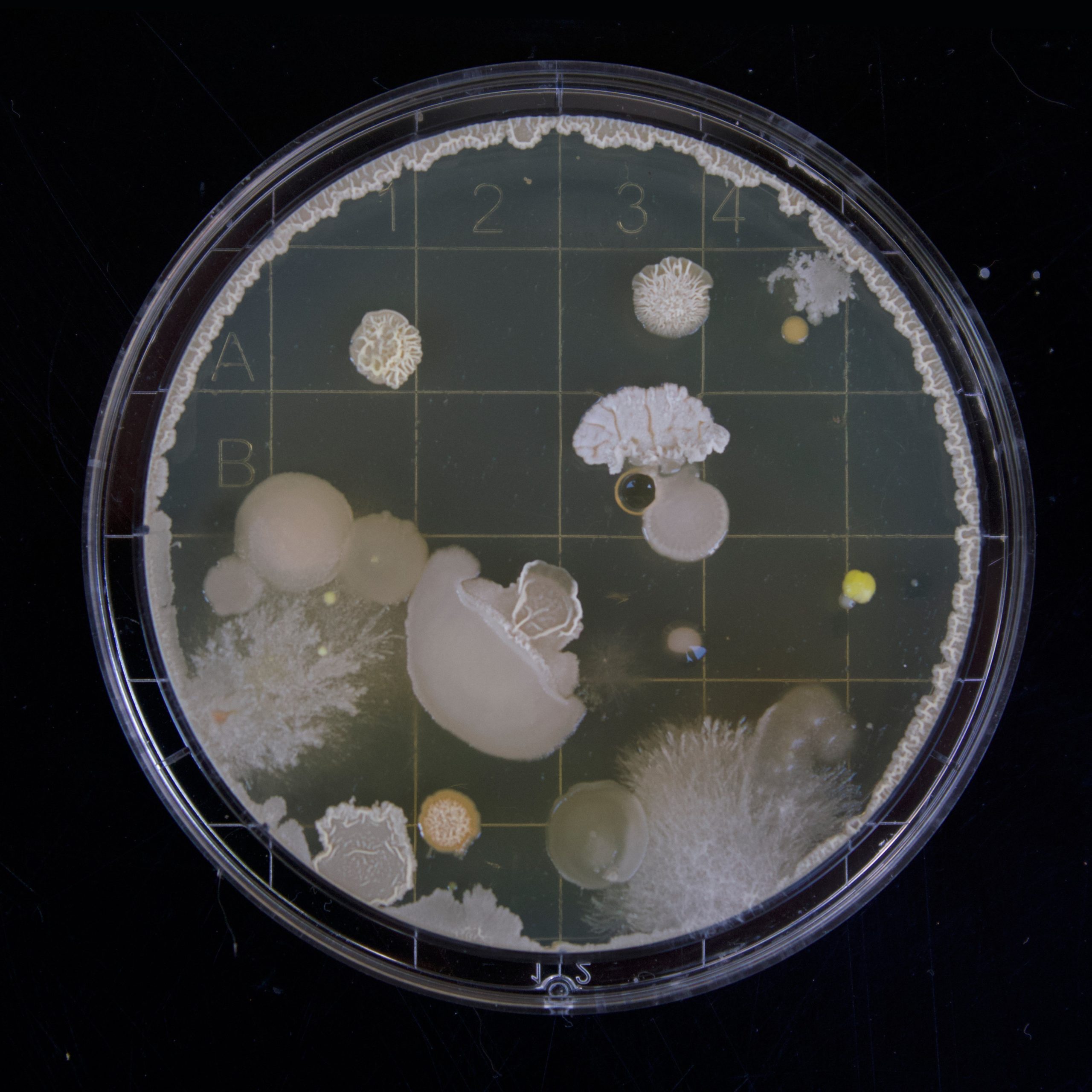5 Expert Tips to Heal Your Relationship with Food
It is possible to heal your relationship with food—and it doesn’t require a strict diet or endless willpower.
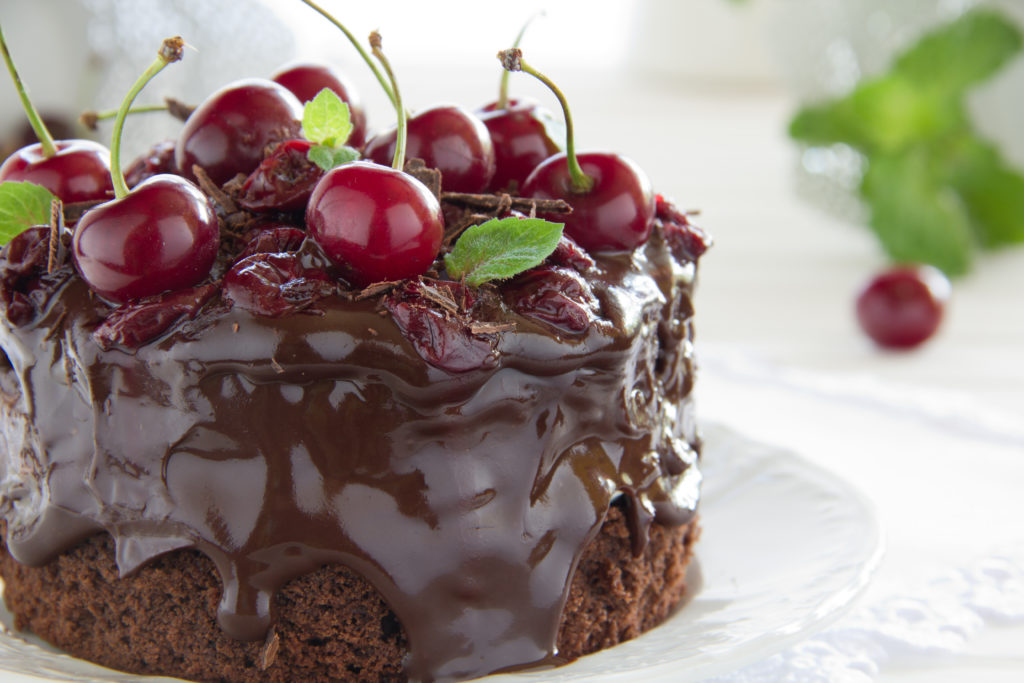
Struggling with food guilt, emotional eating, or an all-or-nothing mindset around meals? You’re not alone. Many people feel stuck in a cycle of restriction, overeating, or negative self-talk about food.
In this article, we’ll explore five expert-backed tips to help you rebuild trust with your body, reduce stress around eating, and create a healthier, more balanced approach to food.
So, whether you’re recovering from disordered eating, breaking free from diet culture, or simply looking to enjoy meals without guilt, these tips will guide you toward a more nourishing mindset.
The Covid 15
During the beginning of the pandemic, I was terrified of gaining the “Covid 15” that I saw blasted on social media. I was also heading to college later that Fall and was scared it would compound on the “Freshman 15” I had heard about all my life.
I had decided that wouldn’t be me and I would do whatever I needed to do to not gain weight.
I would go on a diet.
My new diet wasn’t anything fancy, it was actually just not eating. I would only have one meal a day, normally suffering through painful headaches and mood swings as a result.
I felt terrible and I had no energy.
I struggled to understand that my body needed more fuel and that, like Ryan Gosling says in the movie Fall Guy, “You need carbs! Your brain runs on glucose! For simple cognitive functions, you need them!”
By the time I made it to my first nutrition class in college, I realized that I had a pretty messed up relationship with food. I felt like I was having to re-train how I viewed food. This not only included the habits I had picked up from the pandemic, but from years of negative messages I had received from other sources.
Over the more recent years, I have been able to integrate some practices that have really helped me change the way I view food.
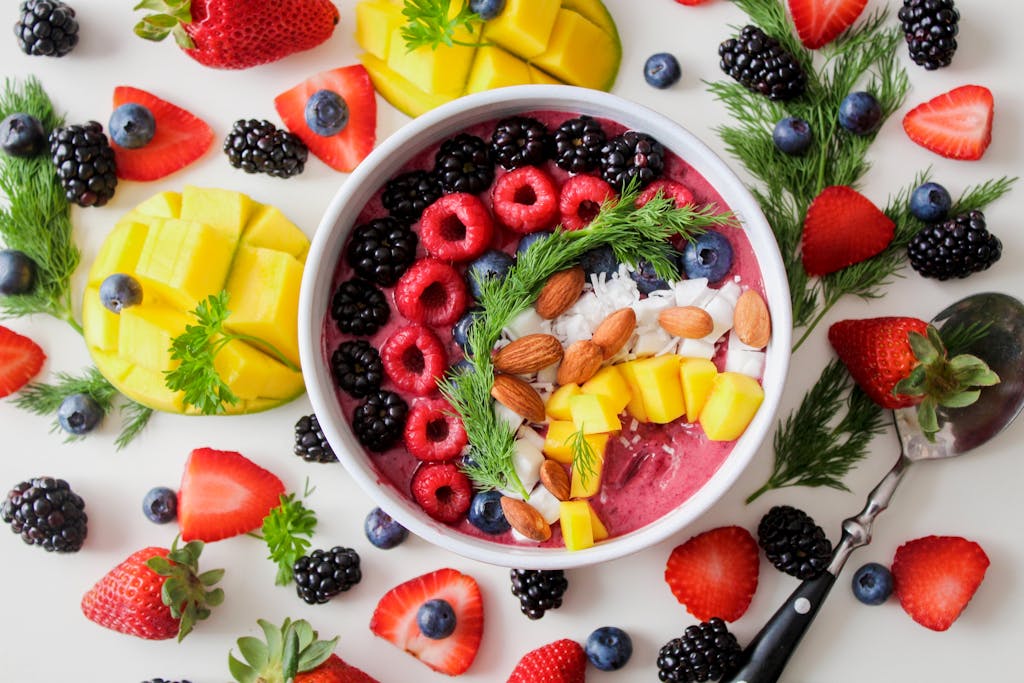
Here are 5 tips to help heal your relationship with food:
1. No food is “good” or “bad.”
I know what you’re thinking, but isn’t *insert some dessert* bad for you? Here’s the deal: If you are always viewing something as “bad”, how can you ever have a positive association with it?
Let’s take a food commonly seen as “bad”- chocolate cake.
If you eat chocolate cake every day for every meal, is that going to be good for you?
The answer is no.
But the same thing goes for a food society deems as “good”- broccoli.
If you eat broccoli every day for every meal, is that going to be good for you?
The answer is no.
You need a variety of foods in your life. Everything you eat has a purpose, and provides something. While fruits and vegetables, often deemed as “good foods” provide a lot of great nutrients, so do the foods often deemed as “bad”.
Whether it’s that the food is comforting or giving you energy (calories are just a form of energy!), the food does give you some benefit.
By getting rid of the labels, we give ourselves permission to go back to enjoying food. The key is variety, and incorporating all foods into the mix.
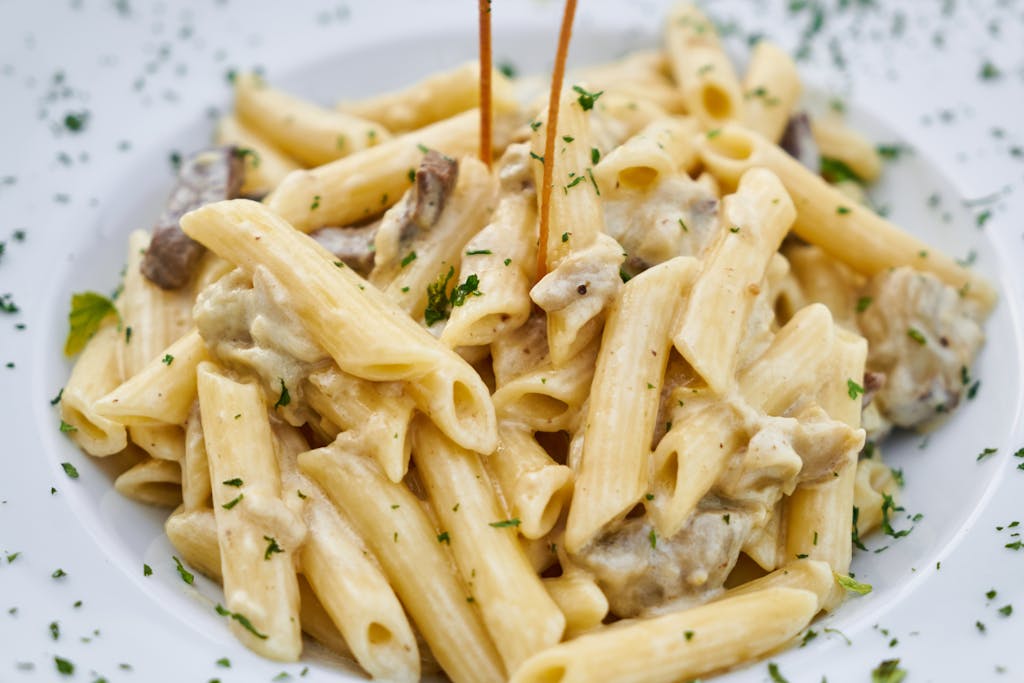
2. Ditch the diet! And begin to heal your relationship with food.
A lot of popular diets are very restrictive, especially ones that restrict whole food groups like a low fat or low carb diet.
When you start a new restrictive diet, it normally works… for a little. But then the cravings hit, and before you know it, you’ve broken your diet and binged a whole bag of potato chips and a tub of ice cream at 9 o’clock at night.
So you decide, “That’s ok, I’ll try the diet again tomorrow,” and it ends up the same. Or maybe the diet works for a little bit, but the same thing always happens.
You lose control.
You may think that you’re the problem, that you just aren’t disciplined enough.
But what if the problem isn’t you. Maybe it’s because dieting doesn’t actually work.
Think back to when you were a kid and your parents took away your bike or your favorite toy. You’re not going to be happy about it, and you’ll just want it back more.
Nobody wants things taken away from them. So why would you want to take food away from yourself? It’s just going to leave you unhappy and wanting more.
3. Stop the cycle.
When I was growing up, I often heard my mother talking about how she needed to eat less, eat better, eat less junk food, etc. I could go on about all of the things I heard from her and others about how we “should” eat.
Often these statements are fueled by pressure to look a certain way or to fit into a specific clothing size.
I would argue that our relationship with bodies and food are often grouped together.
With this cycle, we have been taught and go on teaching others that we have to look and eat a certain way. This is where I challenge you to break the cycle of trash talking about your body and the food you put into it.
I’m not saying that you have to love your body, or even like it. You can even still want to change things about your body.
But if you stop commenting on people’s food choices and bodies, you are taking an active role in preventing poor relationships with food and can heal yours in the process.
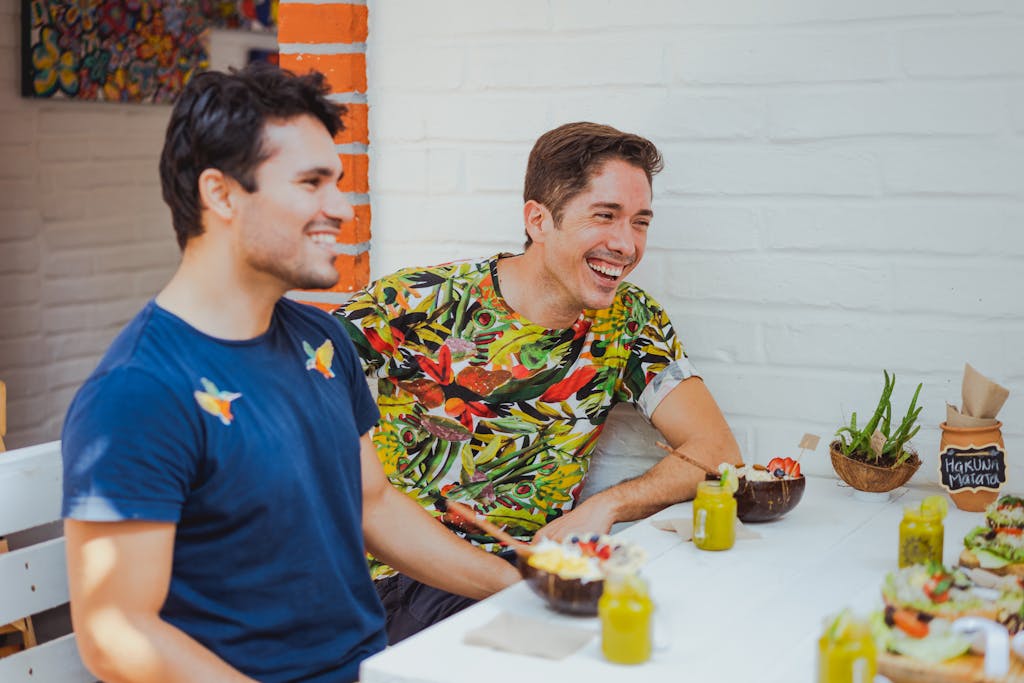
4. Make eating a positive experience.
It’s true that food is the fuel for our bodies. But food can also be so much more.
Any relationship, whether it be with friends, family, or even pets, needs positive experiences for maintenance and growth.
Why should our relationship with food be any different?
With a poor relationship with food, eating and mealtimes can often be associated with frustration. Instead, we want to replace these experiences with joyful, peaceful, or pleasant ones.
Some ideas include:
- Discovering what foods you actually enjoy, now that there are no good or bad foods 😉
- Setting up the time to enjoy your food instead of eating so quickly just to get something down
- Allowing yourself to eat when you start feeling hungry, as opposed to waiting until you are starving or hangry to eat something
- Eating a meal with good company
- Avoiding eating to the point where you are so full it makes you sick. It’s okay to have leftovers.
These are just a few suggestions, as the options are really endless. The main idea is that you are adding something to your mealtime to bring the joy back into eating.
5. Be gentle with yourself.
Change takes time and effort, but it also takes patience and looks different for everyone.
If you’ve had a rough relationship with food, it won’t magically change overnight. And that’s okay.
Dieting, restricting food, and categorizing food as bad introduces an “all or nothing” way of thinking. It instills that your food choices connect with who you are as a person and that you either pass or fail.
This type of thinking is what we want to get away from.
It’s important to understand that your food choices have nothing to do with who you are as a person. And it’s okay if you make mistakes.
If you happen to overeat a meal or if you have a negative experience with eating, that’s okay.
Not everything will come easy, and what works for you may be different from what works for others. Like any relationship it takes time, and often you may feel like you are only taking baby steps.
And guess what? That’s okay.
What’s next? If you are struggling to heal your relationship with food, you can set up a free consultation.

